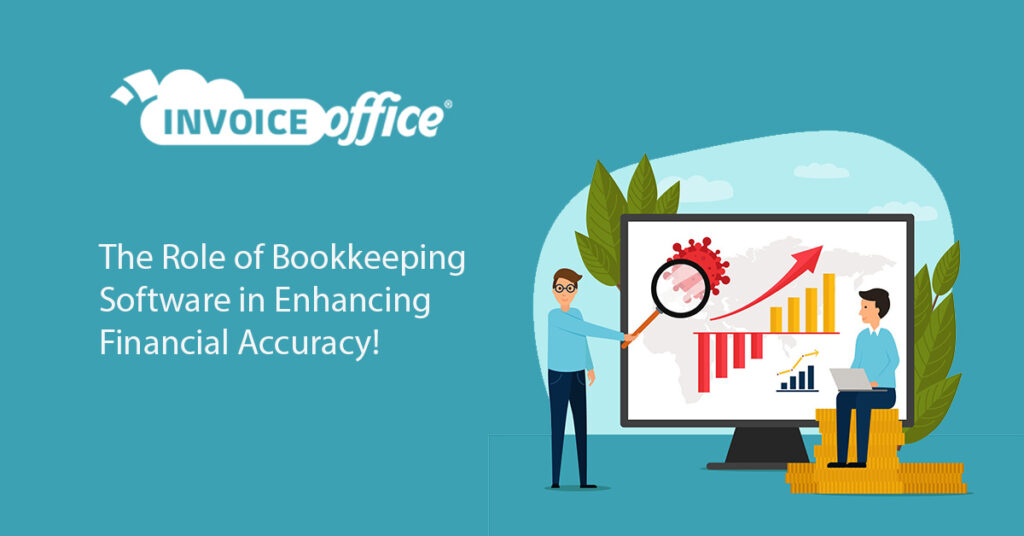The financial backbone of any business, big or small, relies on accurate bookkeeping. With the advancement in technology, traditional bookkeeping has changed into a more streamlined process thanks to the introduction of bookkeeping software. Let’s delve into the role this software plays in enhancing financial accuracy. Keep on reading till the end to know about the same in detail!
About The Digital Evolution in Bookkeeping:
Before the rise of technology, bookkeeping involved manually recording transactions in ledgers. This method, although traditional, was prone to human errors. The modern era has introduced digital solutions, and bookkeeping software has emerged as a savior for businesses aiming for precision.
Role of bookkeeping software:
Instantaneous Transactions:
- Error Reduction: With manual entry, the chance of duplication or omissions is high. Bookkeeping software eliminates such inconsistencies by automating transaction entries. Once data is fed into the system, the software processes it accurately, leaving little room for error.
- Time Efficiency: Manual bookkeeping is time-consuming. However, software solutions allow for instantaneous recording and updating of transactions, thus freeing up valuable time for businesses to focus on other critical tasks.
Comprehensive Financial Reports:
- Visual Insights: Bookkeeping software often comes with the capability to generate visual reports. These graphical representations – be it pie charts, bar graphs, or trend lines – offer a clearer picture of the company’s financial health.
- Customization: Depending on the business’s needs, these reports can be customized. Whether it’s a monthly, quarterly, or yearly overview, the software can generate detailed reports with just a few clicks.
Scalability and Flexibility:
- Adaptable to Growth: As businesses expand, their financial transactions increase in volume and complexity. Bookkeeping software can easily adapt to this growth, ensuring that the increasing data is still managed with the same level of accuracy.
- Integration: Most modern bookkeeping software can seamlessly integrate with other business tools. Be it inventory management, CRM, or e-commerce platforms, this integration ensures that all data is synchronized and accurate across various departments
Data Security and Backup:
- Protection: Financial data is sensitive. Bookkeeping software ensures this data is encrypted and protected from unauthorized access, thereby ensuring the integrity of the financial records.
- Cloud Storage: Many software options now offer cloud storage solutions. This not only allows for real-time updates but also ensures that data is backed up. In case of any technical glitches or unforeseen disasters, the financial data remains safe and retrievable.
Enhanced Collaboration and Accessibility:
- Remote Access: With cloud-based bookkeeping software, business owners and accountants can access financial data from anywhere, anytime. This remote accessibility ensures that financial decisions can be made promptly, even when stakeholders are not on-site.
- Multi-user Collaboration: These digital platforms often allow multiple users to collaborate. Different team members can update or access the data, making it a collaborative tool rather than a restrictive one.
Conclusion:
The introduction and widespread adoption of bookkeeping software have undeniably revolutionized the world of finance. By ensuring accuracy, efficiency, and security, these digital tools have made financial management a less daunting task. As businesses continue to evolve in this digital age, the reliance on such software will only increase, further emphasizing its pivotal role in financial accuracy. It’s not just about transitioning to digital; it’s about transitioning to accuracy, clarity, and growth.




